New Delhi, 28 August 2021: India’s third largest private sector bank Axis Bank, has witnessed a significant cut in its Corporate Social Responsibility spent over the last two years as the average profit of the financial institution declined for the second year in row.
The banking major which spent more than Rs 137 Cr on CSR in 2018-19, had a CSR budget of just close to 91 Cr for the financial year 2020-21. Last year (2019-20), the company had spent more Rs 100 Cr on its CSR activities.
The CSR budget of a company is directly linked to the average profit of the company in the past three years. As per the CSR policies in India, companies are required to spend only 2% of their average profit on CSR activities.
Axis Bank CSR spent: 2018-2021
According to the company report filed with Ministry of Corporate Affairs, its average net profit was Rs. 4,532.70 crores in the past three years. Accordingly, the mandatory CSR budget for the company in the year 2020-21 was Rs. 90.65 crores only.
However, the Mumbai-headquartered company, spent Rs. 28 lakhs more than its CSR obligation of Rs. 90.65 crores for the financial year 2020-21. Last year (2019-20) also, it had spent Rs. 100.96 crores against a prescribed CSR budget of Rs. 100.62 crores.
The CSR committee at the company is led by Shri Rakesh Makhija who is the Chairman of the Committee. Other key members in the committee include Rajesh Dahiya, Rajiv Anand, and TC Suseel Kumar.
Axis Bank CSR 2020-21: Key CSR Areas
| S.No | Project Focus | Project Areas | Amount spent (in crores) |
| 1 | Sustainable Livelihood
| Livelihood enhancement, vocational skills training, conservation of natural resources and rural development
| 53.11 |
| 2 | Education and Skill Development | Promoting Education & Skill Development | 2.76 |
| 3 | Financial Literacy & Inclusion | Education, Reducing inequalities faced by socially and economically backward groups, rural development | 22.84 |
| 4 | Health, Sanitation & Disaster Relief | Promotion of health care including preventive health care and sanitation and disaster management
| 11.60 |
Axis Bank - Key CSR Activities
The company has focused its CSR spent on Sustainable livelihood and financial literacy. Below are the few major initiative of the company.
Sustainable Livelihood
Axis Bank Foundation (ABF) has been working in partnership with NGOs to create a long-term positive impact on livelihoods for rural communities. Its Mission2Million, launched in 2018, aims to support 2 million households to improve their lives and livelihoods. To achieve this, ABF has been engaging with communities by introducing them to a ‘basket of livelihoods’ and developing skills to improve decision-making, fostering leadership qualities, and leading them to financial independence.
Education
In the field of education, Axis Bank launched three CSR initiatives—scholarships for women pursuing STEM at Ashoka University, the foundation of the Museum of Solutions for children at Mumbai, and the Axis DilSe program in Manipur. Through the bank’s financial literacy and financial inclusion program, it reached over nine lakh women participants in 22 states and union territories during the year. This year, the company expanded the program to include a health awareness intervention, ‘Sachetana,’ to help raise awareness on COVID-19- focused personal safety and hygiene. Its unique digital financial literacy platform, Project Akshar, reached over 1.2 million individuals since its launch in 2017.
COVID-19 Relief
During these trying times, Axis Bank proactively undertook various steps to mitigate the hardships of the community affected by the pandemic.
The Bank’s CSR arm viz. Axis Bank Foundation (ABF) also worked closely with its implementation partners across rural India to support the most vulnerable and impacted sections of the community. For migrant workers who returned home, counselling and isolation facilities were provided while the larger community was supported to adhere to various government guidelines and be able to access healthcare facilities more easily.
This included collaborating with various government and local bodies like the municipal corporations, district authorities, police departments and medical centres—the frontline warriors, to provide vital medical accoutrements like PPE kits, masks, sanitizers, ventilators, intubation boxes, thermal guns, and other essential apparatus with the mission to tackle the grim situation. The bank, during the year, covered more than 15 states across the country through this participative approach of endowing relief materials.




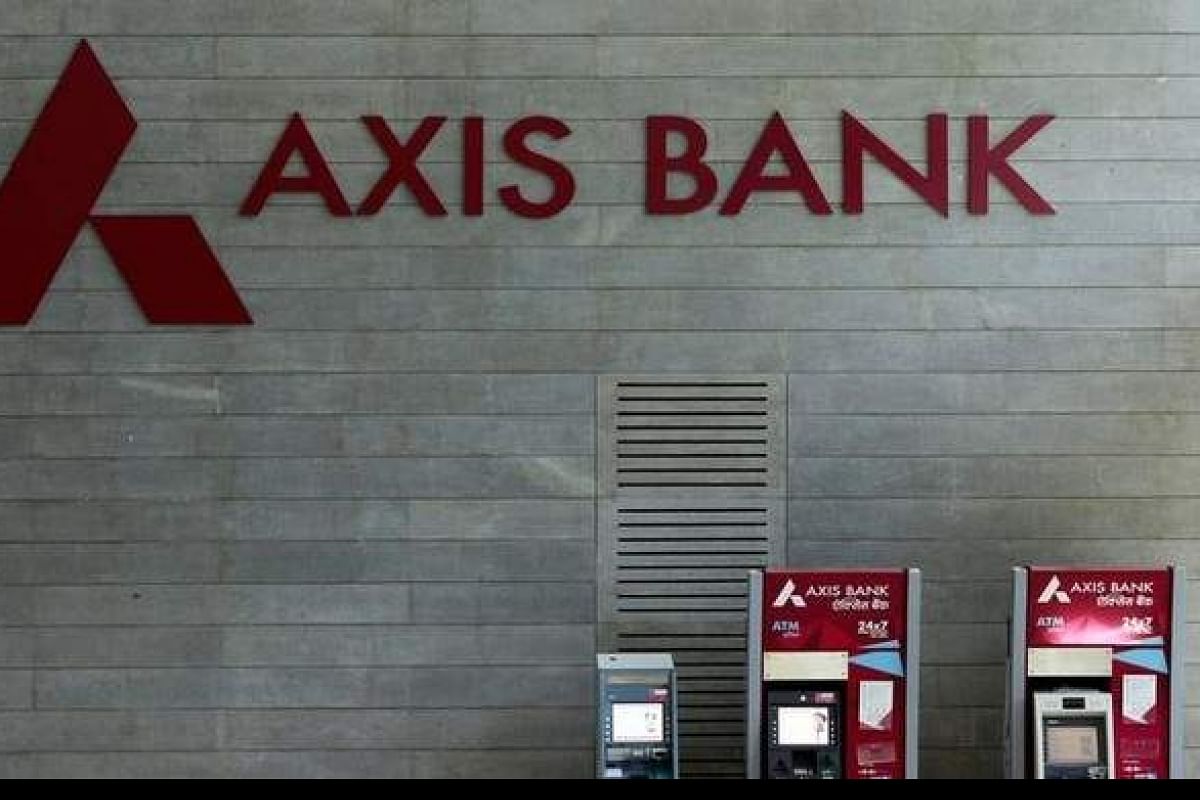
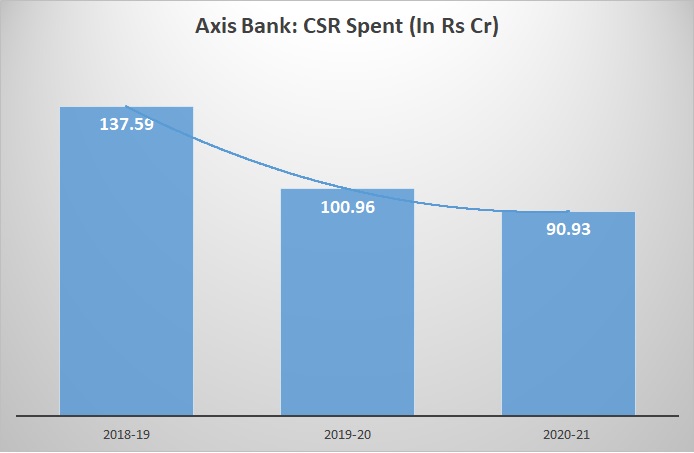

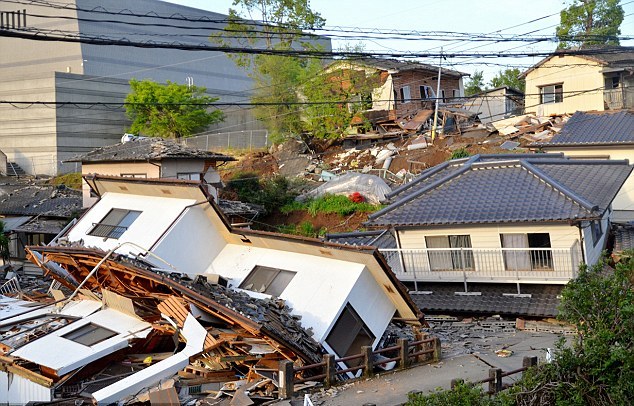
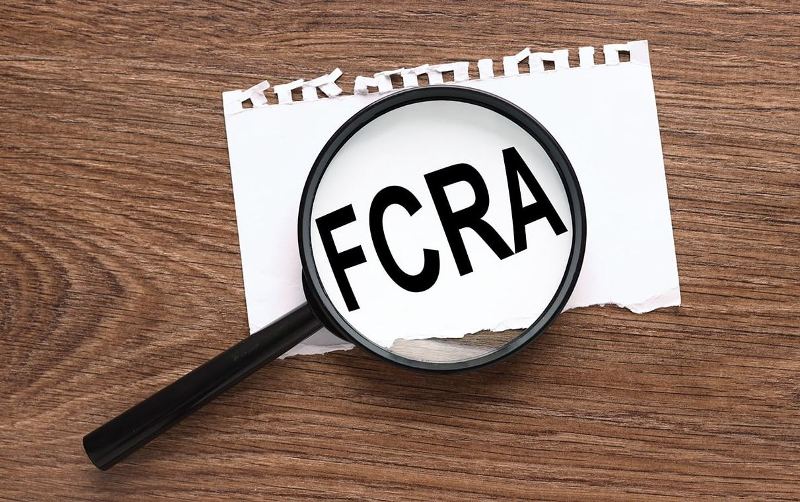
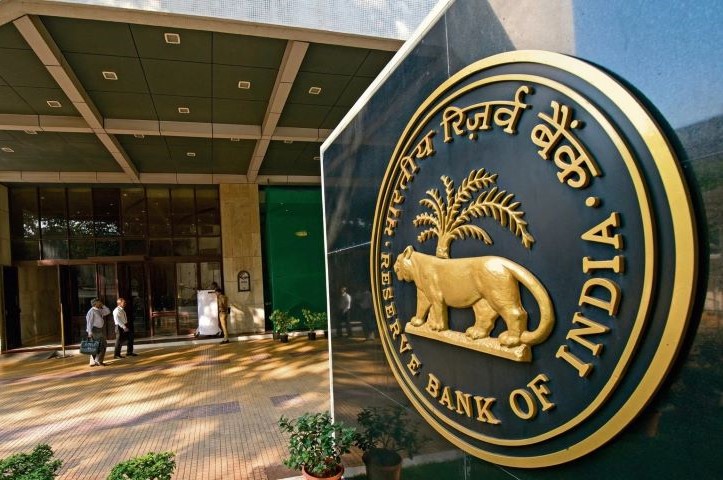
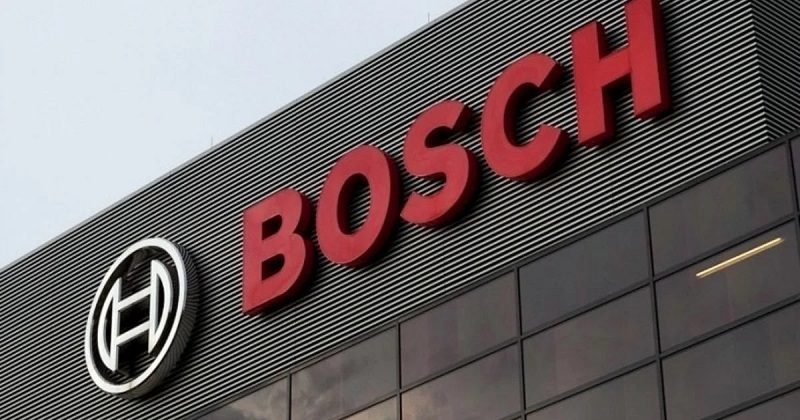
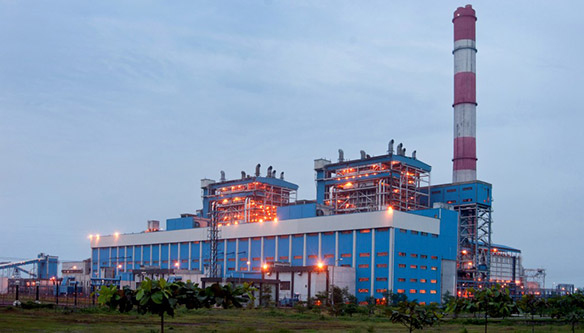

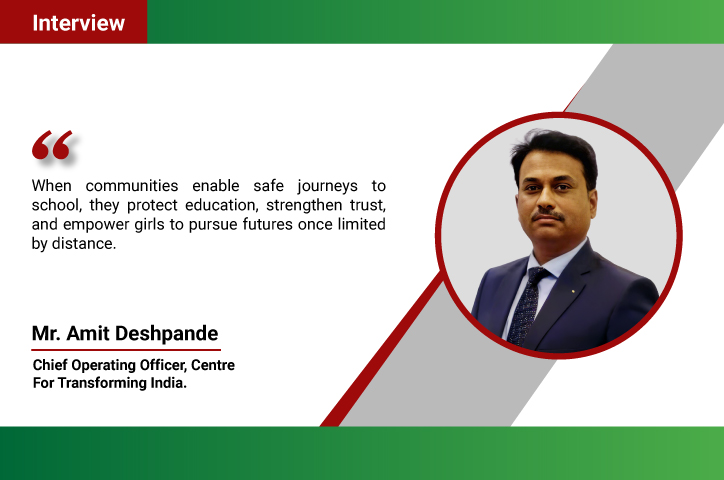






.jpg)



